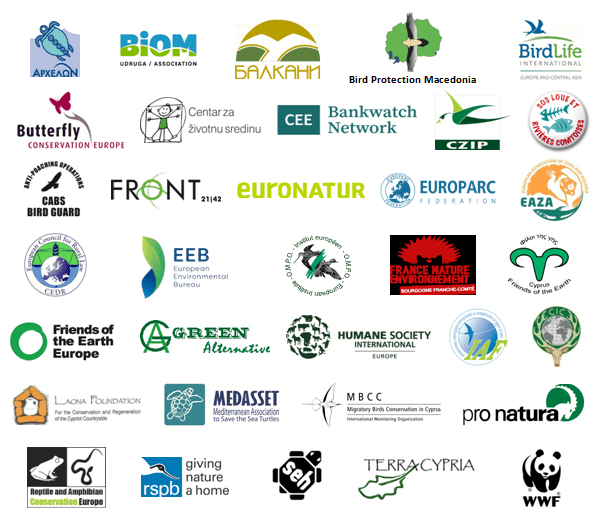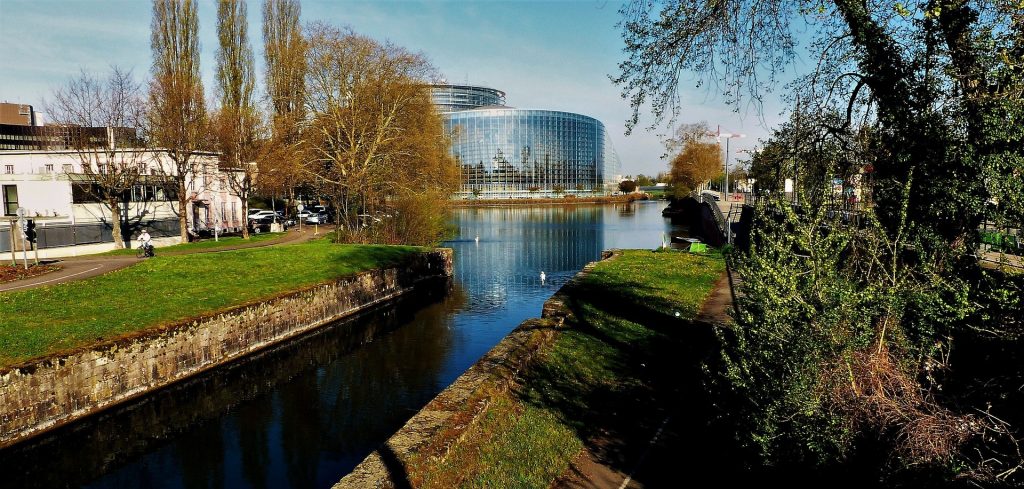Ahead of crucial debates on the financing of the Bern Convention, European NGOs have addressed a letter to the Secretary General of the Council of Europe urging it to ensure the financing and proper functioning of the Bern Convention – the Convention on the Conservation of European Wildlife and Natural Habitats.
Facing difficult financial times, the Council of Europe is considering budgetary cuts that inevitably would reduce the Bern Convention’s operations to safeguard nature protection in Europe. In their letter, the NGOs, who act as observers to the Convention, reiterate that the Treaty directly benefits Europe’s nature and protected species and are asking decision makers to continue to financially support the Convention.
Friedrich Wulf, for Friends of the Earth Europe and ProNatura said:
“The Bern Convention has for 40 years efficiently safeguarded Europe’s most threatened species and natural areas. Now it is itself threatened by severe budget cuts which would impede its most potent tool, the case file system which allows it to take action against nature damage that breaches the convention.”
The Bern Convention aims to ensure conservation of wild flora and fauna and their habitats in Europe, affording urgently needed protection to the continent’s most threatened species and habitats. Encompassing all countries in the European continent and Mediterranean, including also non-members of the European Union, the Bern Convention forms the foremost binding international legal instrument in the field of nature conservation in Europe.
On the occasion of the 40th anniversary of the adoption of the Bern Convention, the NGOs call on the Council of Europe and the member countries not to cut down on environment spending and to maintain the Convention’s budget, and especially its compliance system.
The letter especially emphasises the value of the Convention’s ‘Case File system’, an open and democratic compliance mechanism that is unparalleled among international treaties. Through this valuable instrument, the public and civil society can raise attention to possible breaches of the Convention, and bring environmental problems in their countries to the international level for discussion. The Convention’s member states can then decide to monitor the issue and adopt recommendations to urge governments to accelerate conservation efforts. In their letter, the NGOs showcase examples where the system has achieved substantial and tangible benefits for nature.
At a time when numerous achievements have been accomplished, but environmental threats are growing, the Bern Convention is an essential tool to preserve Europe’s wildlife and natural heritage for the next generations. It is therefore paramount that the necessary financial means remain at the Convention’s disposal.








